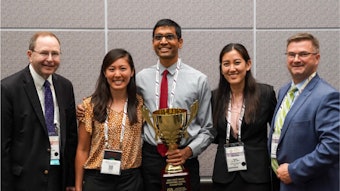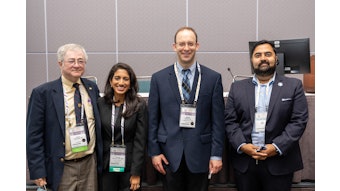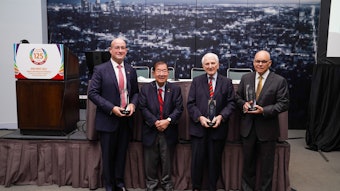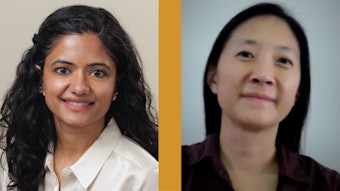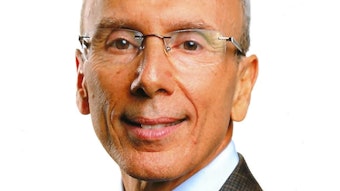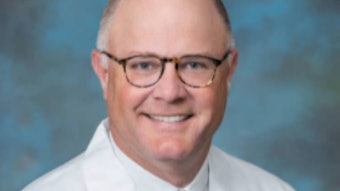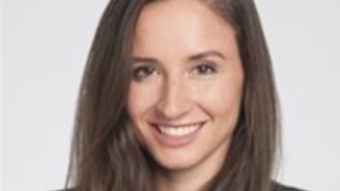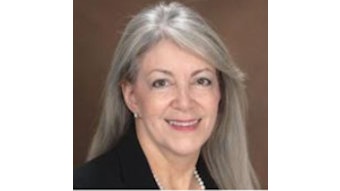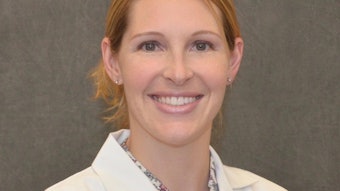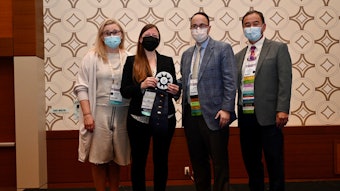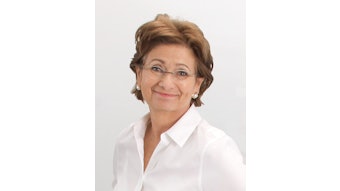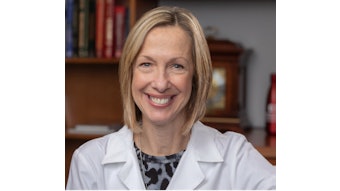The Right Diet Can Be Good for Physicians and Patients Alike
A whole food, plant-based diet has been shown to prevent heart disease, cancer, diabetes, obesity, peripheral vascular disease, and high blood pressure.
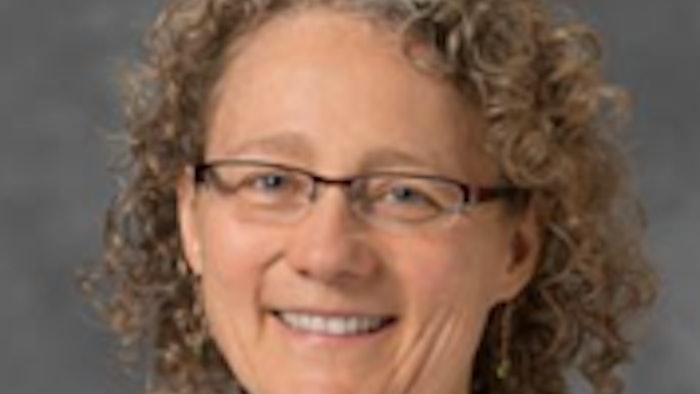
Physicians recommend healthy diet options to their patients all the time. In a classic case of “what’s good for the goose,” those same recommendations can help physicians improve their own health and well-being as well.
In Monday's session “How a Whole Food, Plant-Based Diet Can Support Physician Wellness,” Laura Brainard, MD, neurotologist at Henry Ford Health System in Detroit, Michigan, and Amalia R. Steinberg, MD, otolaryngologist with Alaska Native Medical Center, outlined how changing to such a diet can benefit physicians and patients alike.
“A whole food, plant-based diet has been shown to prevent many of the lifestyle-associated diseases, including heart disease, cancer, diabetes, obesity, peripheral vascular disease, and high blood pressure,” Dr. Brainard said.
“Heart disease and cancer are the top two causes of death for people over the age of 45,” said Dr. Steinberg. “By following a healthy diet, physicians can avoid early mortality and expect to live healthier longer, allowing them to continue to practice medicine and avoid the physical, emotional, and financial costs of the disease.”
Not only that, but both presenters agreed that by personally living and experiencing the benefits of a healthy diet, physicians can better educate and counsel their patients on a healthy diet.
Their presentation gives plenty of advice and tips on how to switch to a whole food, plant-based diet, including:
- Giving yourself permission to make changes gradually, especially if jumping in 100% is not feasible. For example, start by converting one meal a day—a plant-based breakfast, for example.
- Aiming for a plant-powered plate: ½ vegetables, ¼ grains and ¼ beans with a small amount of nuts and seeds and as much whole fruit as you want.
- Earning continuing medical education credits on plant-based nutrition to learn more about the benefits of the diet.
- Minimizing processed foods in your diet, including flour, sugar, and oil.
Dr. Steinberg said physicians in particular should consider a diet like this because they have demanding, high-stress jobs, which is evidenced by the high rate of burnout in the profession.
“Self-care has been identified as one of the many interventions to address the burnout crisis,” she said. “And nutrition is an important part of self-care.”
Switching to a plant-based diet also allows physicians to be examples and inspirations to their patients and to educate them from your own experience, Dr. Brainard said. It can also help physicians fill gaps in their own education.
“By learning about and adopting a healthy diet, such as a whole food, plant-based diet, physicians would be filling a gap in medical education, which left most of us under-informed about nutrition,” she said. “This has limited our own ability to make informed food choices and educate our patients.”
Other questions that the speakers address include:
- Why the real question is not “how do you get your protein and how much?”—but rather “how do you get your fiber, and how much?”
- How to feed yourself and your microbiome, and why it’s important?
- How to prevent your liver from producing pro-atherogenic trimethylamine N-oxide.
Ultimately, Dr. Steinberg said, the pair hope that physicians will see how easy it is to incorporate such a diet into their lives and the lives of their patients.
“There are many ways to adopt a whole food, plant-based diet,” Dr. Steinberg said. “It is highly possible in the context of a busy and professional life.”
This session is available on demand.
Visit the Annual Meeting & OTO Experience Meeting Daily for more articles.
